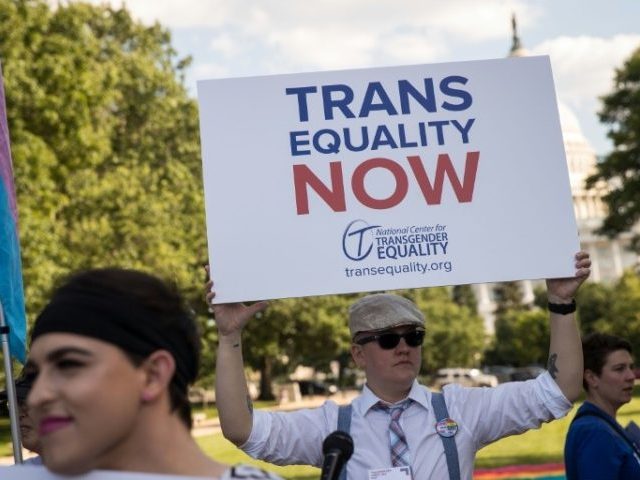The University of Minnesota has announced a proposed policy could lead to firings for professors who refuse to use non-traditional gender pronouns.
A report from the University of Minnesota student newspaper details a new policy proposal that would discipline professors who refuse to use non-traditional gender pronouns.
According to the report, the policy was drawn up to support transgender students who feel unwelcome and ostracized on campus. “The draft was written to address faculty concerns and improve the campus environment for gender nonconforming students,” the report reads. “The administrative policy is currently receiving feedback from student groups and University governments – and hopes to present it to the University Senate next fall.”
The text of the proposal includes a zero tolerance policy for discrimination for harassment based on gender identity. Some in the transgender community believe that misgendering a transgender person is an “act of violence.”
“Discrimination or harassment based on gender identity or gender expression may result in appropriate responsive action, including but not limited to disciplinary action up to and including termination from employment and academic sanctions up to and including academic expulsion,” the policy reads. It’s unclear at this time whether or not simply refusing to use a non-traditional pronoun could lead to a professor being terminated.
In some parts of the country, repeated refusal to use non-tradition pronouns can lead to a quarter-million dollar fine. In New York City, business owners who “willfully” refuse to use non-traditional pronouns can face up to a $250,000 fine.
The NYCHRL requires employers and covered entities to use an individual’s preferred name, pronoun and title (e.g., Ms./Mrs.) regardless of the individual’s sex assigned at birth, anatomy, gender, medical history, appearance, or the sex indicated on the individual’s identification. Most individuals and many transgender people use female or male pronouns and titles.
Some transgender and gender non-conforming people prefer to use pronouns other than he/him/his or she/her/hers, such as they/them/theirs or ze/hir

COMMENTS
Please let us know if you're having issues with commenting.